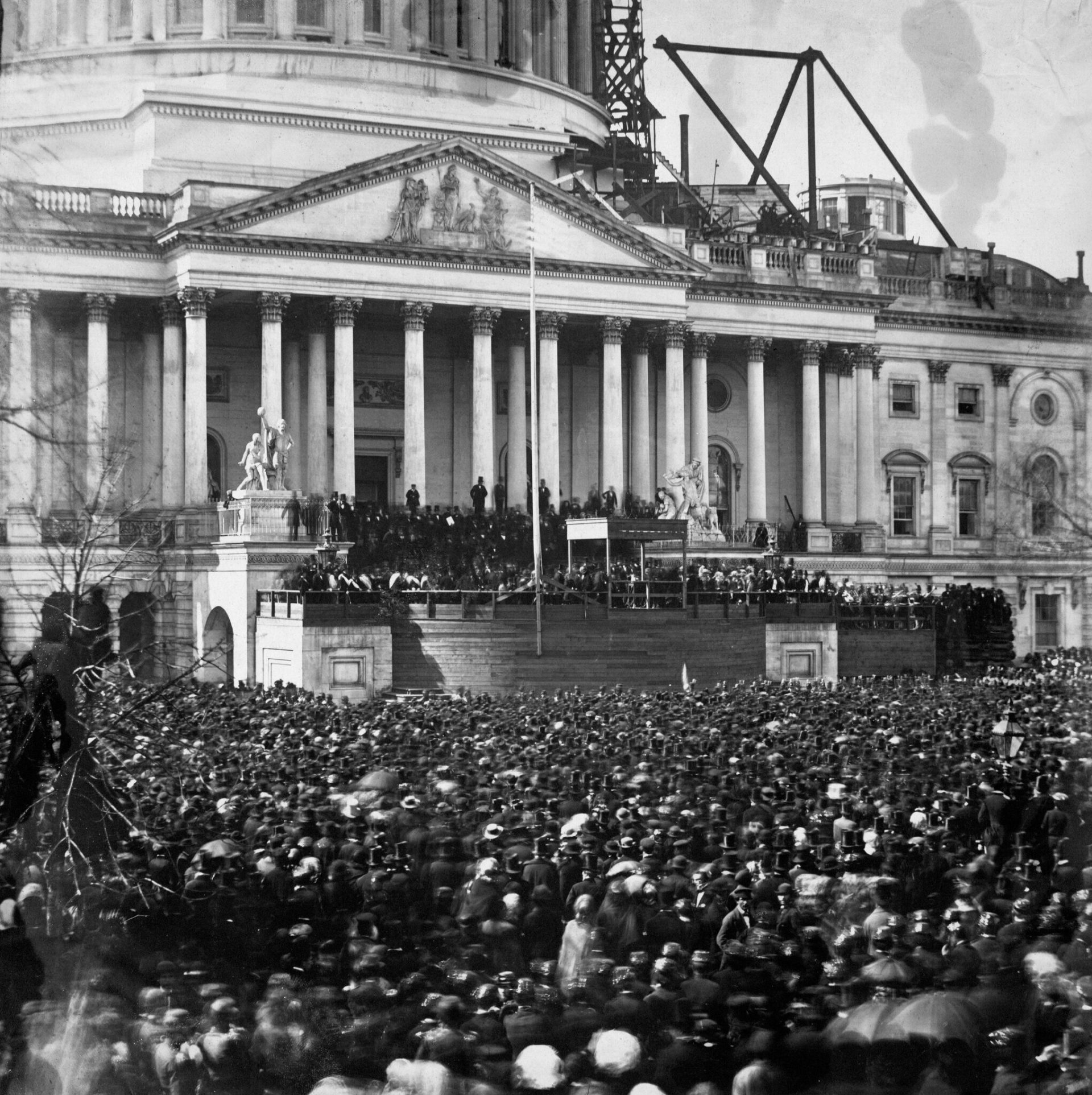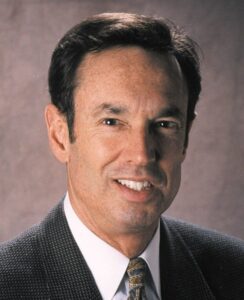Exclusive to Smerconish.com

Having won only 39.8% of the popular vote, but sufficient electoral votes, Lincoln’s election on November 6th, 1860, inflamed the South. The following month, South Carolina seceded. Through February 1st, 1861, Mississippi, Florida, Alabama, Georgia, Louisiana, and Texas departed the Union. On February 8th, these seven states formed the Confederate States of America to vitiate Lincoln’s election.
A year before the 1860 election, Southern apprehensions were heightened when the abolitionist John Brown tried to initiate an enslaved revolt while attempting a takeover of the United States arsenal at Harpers Ferry, Virginia.
To the South, Lincoln’s election represented an existential threat. The Republicans demonstrated their ability to win a presidential election with electoral votes solely from Northern states.
Until the 1860 election, the South had maintained a political parity. For every free state admitted to the Union, there was a new enslaved state. Prior to Lincoln’s election from Illinois and Hannibal Hamlin of Maine as the vice president, preceding campaigns included at least one Southern presidential or vice-presidential candidate.
Throughout his campaign, Lincoln was denounced by Southerners. Not willing to accept the election’s outcome, Lincoln was demonized by leading Southerners in enslaved states that remained in the Union. Those states included Virginia and Maryland, which surrounded the Capitol. These tropes led to concerns for Lincoln’s safety en route from Springfield, Illinois to the Capitol for the inauguration. Fearing an assassination in Baltimore, the largest city in enslaved Maryland, Lincoln was protected by Allan Pinkerton, founder of the Pinkerton National Detective Agency. Pinkerton cut telegraph lines and arranged a special train that arrived in Baltimore in the middle of the night. Later that day, on February 23, 1861, and in disguise, Lincoln entered Washington, D.C.
With rumors about assassination attempts circulating, President Buchanan took measures to protect the President-Elect. There were 15,000 men in active army service. There were 14,000 of those troops in the West fighting Native Americans and responding to frontier issues. Buchanan deployed the remaining 1,000 soldiers to the Capitol.
On March 4, 1861, Buchanan, in a horse-drawn carriage, picked up the president-elect at the Willard Hotel. In a procession to the Capitol, Buchanan and Lincoln chatted amiably. Both were constitutional lawyers and ardent Unionists who refused to recognize the Confederacy. They both declared secession illegal, recognizing that the Constitution has no provision addressing a state’s ability to depart the Union. Buchanan believed that the president had no authority to bring a state back at the end of a barrel. Lincoln believed otherwise.
Buchanan believed in the orderly transition of power. Both abhorred those who fomented or engaged in insurrection or violence. On March 4, 1861, and with military protection, Lincoln was peacefully inaugurated. Six weeks later, a Civil War ensued.
______________________________________________________________________________________________________________________

Malcolm Lazin
Malcolm Lazin is a former Assistant U.S. Attorney. He is the recipient of the U.S. Attorney General’s Distinguished Service Award, the Department of Justice’s highest honor. He served as the Chair, Pennsylvania Crime Commission and was the Republican candidate for District Attorney of Philadelphia.
______________________________________________________________________________________________________________________






